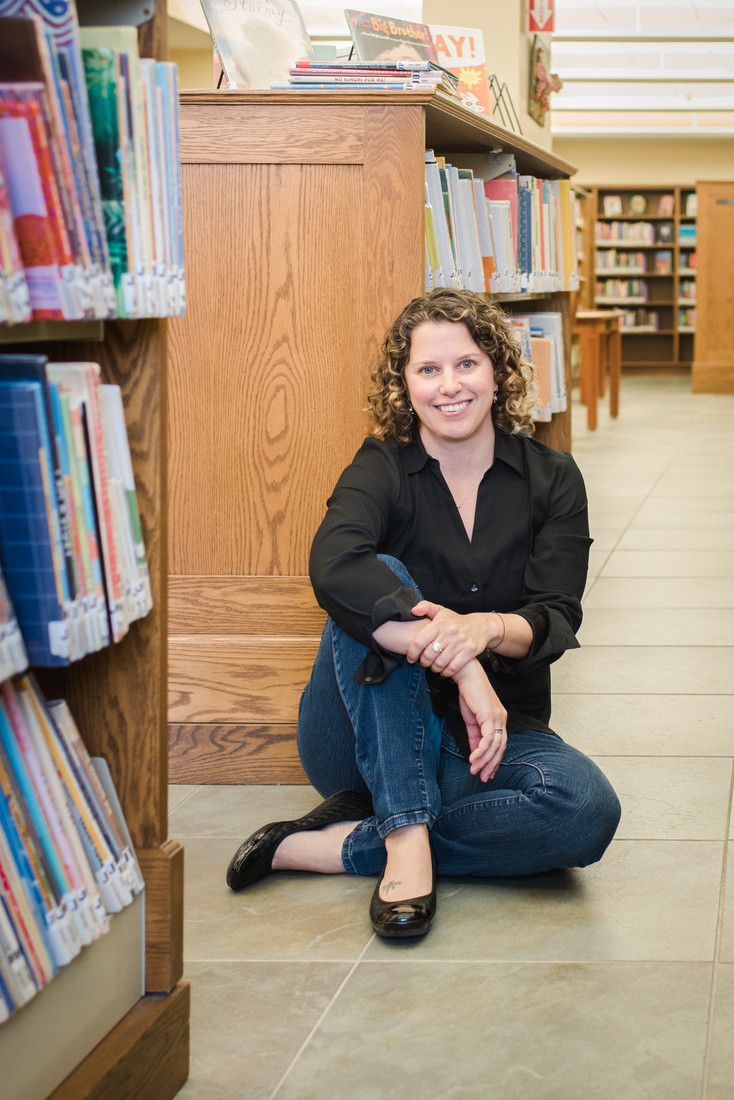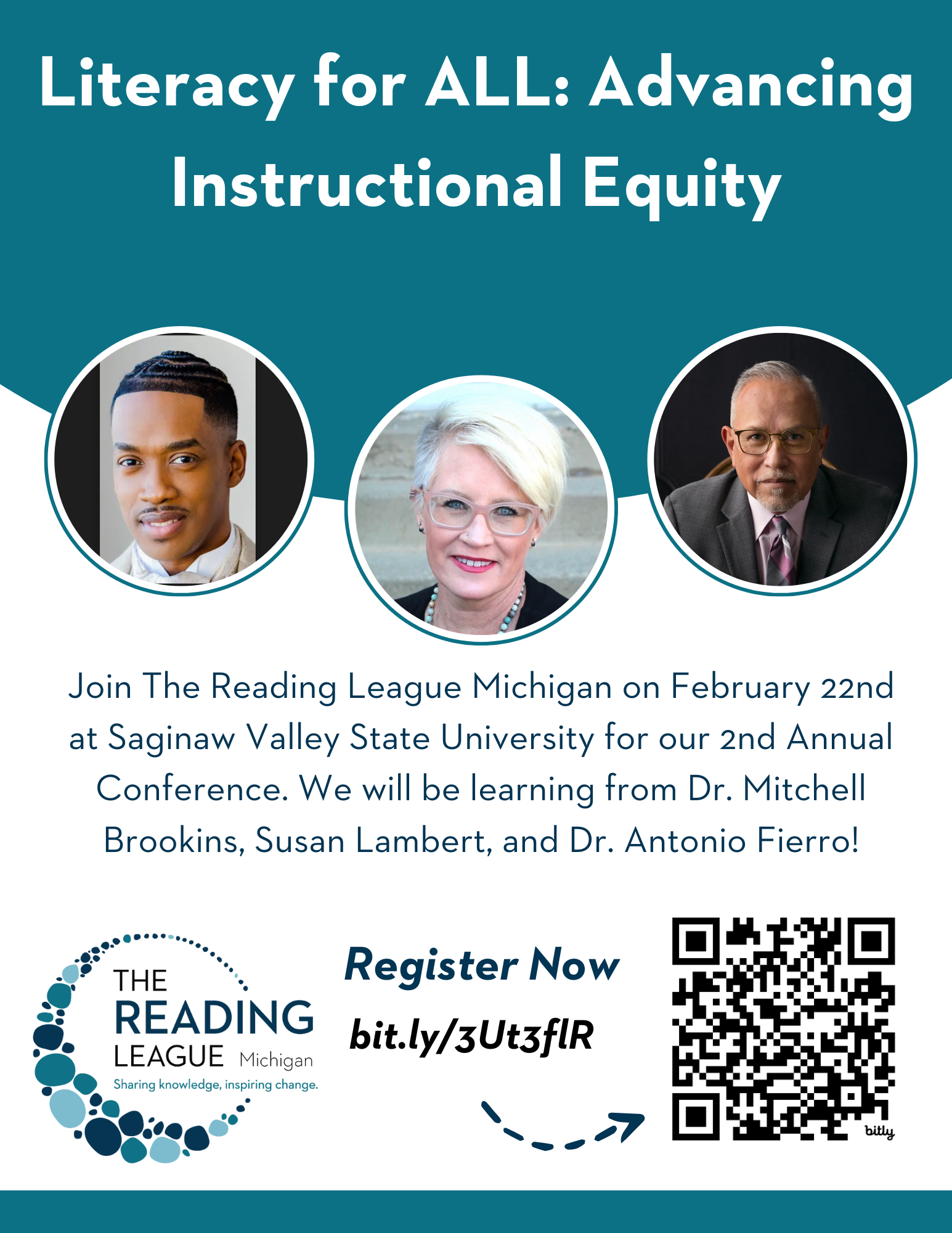During this presentation, Mark Shinn will discuss benchmarking assessment.
Unfortunately, for too many educators-parents and students, Benchmarking happens as a process or procedure with many unanswered or unasked questions, even as basic as “What is the purpose of Benchmarking, and who decided which tests are given and why?” Additionally, it seems like it is becoming “bogged down” and potentially confused.
With more states and schools requiring curriculum aligned to the science of reading. Is
Benchmarking aligned to the science of reading? Is it research-based? Are all the measures included in most of Benchmark testing practices necessary? Additionally, more states are requiring dyslexia screening. Will dyslexia screening be different than current Benchmark testing?
In this webinar, Mark will present his perspective based on his analysis as an early contributor to the development of benchmark assessment using Curriculum-Based Measures (CBM), including early literacy measures for use in the Problem-Solving Model and MTSS from a research and, importantly, school-based practice model.
Lots of Questions, lots of questions, and hopefully fun!







